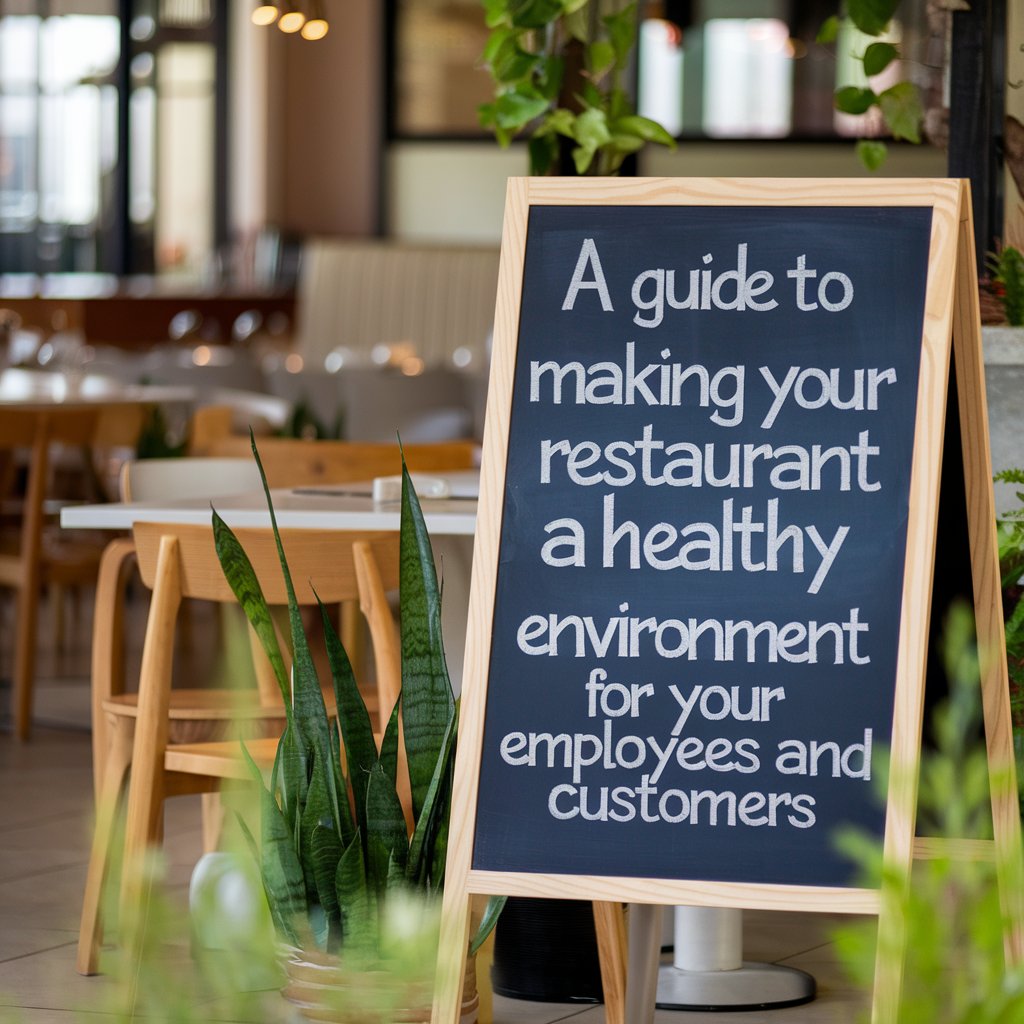Running a restaurant might be your big dream as an entrepreneur, and you might be focused on creating delicious menus and an enticing eating environment for your guests each night. However, although it might not be as glamorous, the health and safety of your restaurant are more important than any décor or culinary decisions. Here is a guide to making your restaurant a healthy environment for both your employees and your customers.
- Think About Food Waste
You might be creating beautiful, yummy dishes to go to your customers out front, but the leftovers are much less sophisticated. Just because your food waste is behind the scenes, though, this does not mean that you should simply ignore it. Instead, it is important to think carefully about how you are disposing of this food waste. Otherwise, this could be a health hazard that is putting everyone who enters your business at risk. This could damage your reputation and lead to you being at the end of some nasty court cases. This means that you should look into ways to keep on top of your food waste management and improve how you process it, as well as the hazards that it could create.
- Have Good Cleaning Procedures
It is no good cleaning your restaurant every week, or even every day. Instead, it is vital that you clean your restaurant, especially the food preparation and consumption surfaces, after every session. You should make sure that you use industrial cleaning products that have been designed with the food industry in mind, and you should ensure that your staff are training up when it comes to cleaning. You might also want to employ specialist cleaners every so often to perform a deep clean of your restaurant. By doing this, and inspecting that the cleaning has been completed correctly, you will be able to ensure that no bacteria gets into the food that you serve and that your restaurant is not a breeding ground for germs.
- Be Wary of Staff Illness
Although staff might be worried about taking time off work, and you might be concerned about staffing issues, it is paramount that your employees take time off if they are feeling under the weather with an infectious disease. This is especially the case if they are preparing or serving food. However, to make sure that this happens, you should pay your employees for sick days and you should be generous when it comes to giving them time off for illness, allowing them to fully recover before they come back to their workplace. You might also encourage them to wear a mask once they have returned to work, especially if they are not completely back to full health.
- Invest in Air Purifiers
Restaurants can be stuffy, and stale air can circulate around them. This can make it difficult to get rid of germs and other toxins that are floating around. To make sure that your restaurant is always filled with freshness and that allergies and asthma are not triggered when people set foot on your premises, you should consider investing in air purifiers that can remove old air from the space. Not only this, but you should also consider installing air vents into the structure of your restaurant that link to the outdoors. This can also release steam and smoke from the kitchens into the outside world rather than allowing them to build up.
- Store Food Correctly
You should always try to use as much fresh food as possible as a restaurant owner. However, no matter how fresh this food is, it can go off before you are able to use it. This is especially the case if it is improperly stored. You should make sure that food is stored in the correct manner to minimize the risk of contamination and you should always check the dates and track how long food has been open for. You should clean out your fridges regularly and you should make sure that allergens are stored away from other ingredients. It is also important that you place food in air-tight containers at the right temperature. However, no matter how you store it, you might find that your food is not of good quality if you are unable to find an excellent supplier. It is not only about storage, though, and you also need to check that your staff are well-trained and that all of your food is cooked correctly. Your team should also see whether animal products have been cooked through before they serve them.


